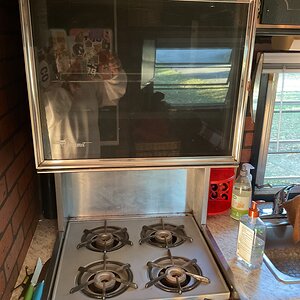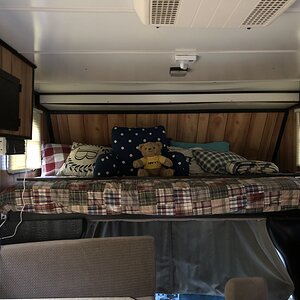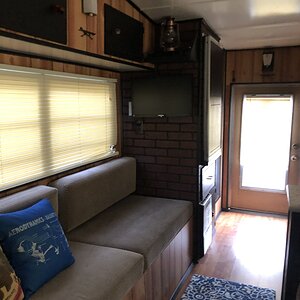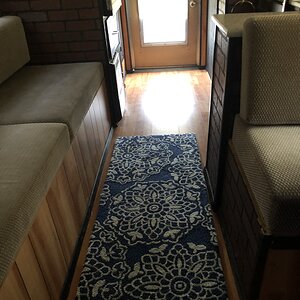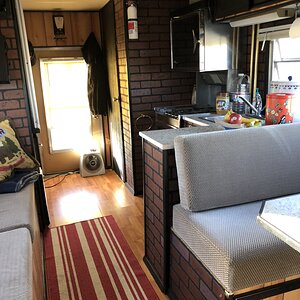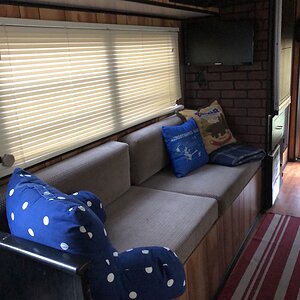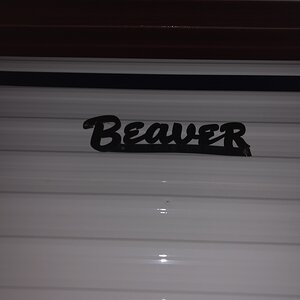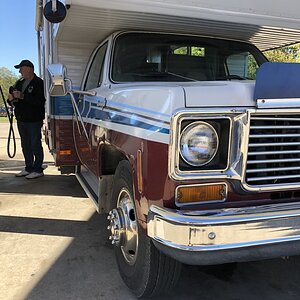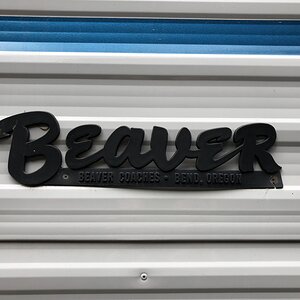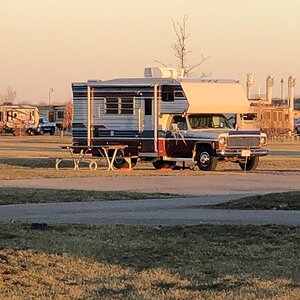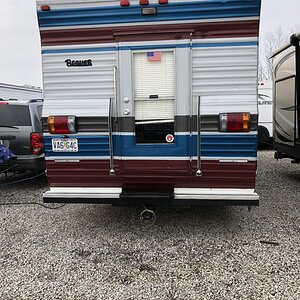Rosy
RVF VIP
- Joined
- Jul 29, 2022
- Messages
- 398
- Location
- Alberta, Canada
- RV Year
- 2018
- RV Make
- Coachmen
- RV Model
- Freedom Express 25SE
- RV Length
- 28 ft total
- TOW/TOAD
- 2020 Toyota Tundra
- Fulltimer
- No
I suspect this is probably a stupid question but I need a new battery and I'm not sure how to figure out what size/rating I need. This is for my 2018 Coachmen Freedom Express 25SE. I looked through all the paper manuals I have and also went to the Coachmen website and looked through the manual they have on there for my trailer but didn't find any battery specs. Is there a way to confirm which battery is supposed to be in the trailer or do I just have to assume that the one the previous owners had in there when they sold it to us is right and buy something equivalent?

